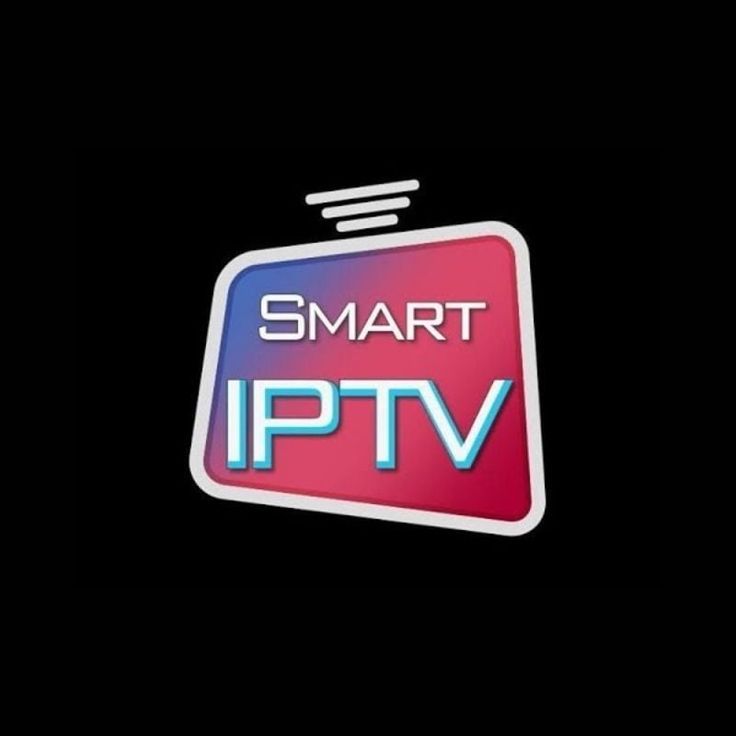In the ever-evolving landscape of entertainment, IPTV (Internet Protocol Television) has gained massive popularity. It allows users to stream live television and on-demand content over the internet. With the rise of various IPTV services, many users find themselves torn between free and paid options. But which is really worth it? Let’s dive into the pros and cons of both to help you make an informed decision.

What is IPTV?
Before we delve into the comparison, let’s clarify what IPTV is. Unlike traditional cable TV, IPTV uses the internet to deliver content code iptv. It can offer live broadcasts, recorded shows, and even video-on-demand (VOD) content, often at a lower cost than cable subscriptions.
Free IPTV Services
Pros
- Cost-Effective: The most obvious advantage is that it doesn’t cost anything. This is a huge draw for budget-conscious viewers.
- Accessibility: Free IPTV services are usually easy to access and set up. Many platforms are compatible with a range of devices, from smartphones to smart TVs.
- Variety of Content: Many free services provide a wide range of channels and genres, making it easy to find something to watch.
Cons
- Quality Issues: Free services often suffer from lower video quality and buffering issues, especially during peak viewing times.
- Limited Content: While free services might offer a decent selection, they often lack popular channels and premium content.
- Ad Interruption: Free IPTV services frequently rely on advertisements, which can interrupt your viewing experience.
- Legal and Reliability Concerns: Some free IPTV services may operate in a legal gray area, leading to potential risks like service shutdowns or lack of support.
Paid IPTV Services
Pros
- Higher Quality: Paid services generally offer superior video quality and a more reliable streaming experience. Buffering is minimized, providing a smoother viewing experience.
- More Channels and Content: Paid subscriptions often include premium channels, on-demand content, and exclusive shows that aren’t available on free platforms.
- Better Customer Support: Many paid services offer dedicated customer support, ensuring that any issues are resolved quickly.
- Legal Security: Most paid IPTV services operate within legal boundaries, reducing the risk of service interruptions or legal repercussions.
Cons
- Cost: The most significant drawback is the monthly fee, which can range from $10 to $100 or more, depending on the package.
- Commitment: Some services require long-term contracts, which can be a turnoff for those who prefer flexibility.
- Complexity: Setting up some paid services can be more complicated, especially if you need specific hardware or software.
Which is Worth It?
Budget Considerations
If you’re on a tight budget, free IPTV services might seem like an attractive option. However, consider how much you value quality content and a smooth viewing experience. If you find yourself frequently frustrated with ads or buffering, a small monthly investment in a paid service may be worth it.
Content Preferences
If you’re a casual viewer who enjoys basic channels, free IPTV could meet your needs. On the other hand, if you crave premium content, live sports, or exclusive shows, a paid service is likely the better choice.
Long-Term Use
Consider how often you watch TV and what type of content you prefer. If you find yourself watching regularly, investing in a paid IPTV service can enhance your overall experience and offer peace of mind.
Conclusion
In the battle between free and paid IPTV services, the choice ultimately comes down to your preferences and viewing habits. Free services may suffice for casual users, but for those seeking reliability, quality, and comprehensive content, investing in a paid service is likely worth it. Evaluate what matters most to you—budget, content variety, and viewing quality—and make the choice that fits your lifestyle best.
